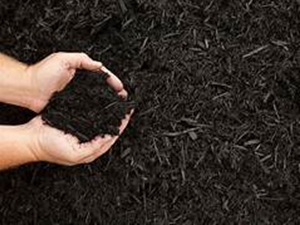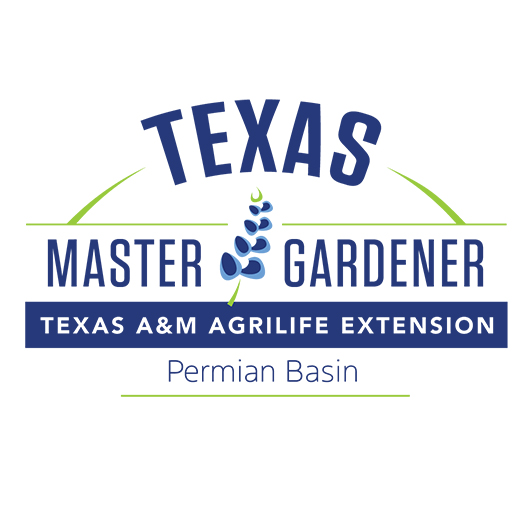By Debbie Roland and
Emmy Ulmschneider
Master Gardeners
In our first article we concentrated on planning mistakes and how to avoid them. In this article we’ll concentrate on physical problems once your plants are in the ground.
1. Prepare your soil before planting. The best gardens always belong to the gardeners who have taken their time to amend the soil. Start with a soil analysis to see what your soil needs. Soil is alive and needs nutrients and a diverse community of microorganisms to successfully grow plants. This diverse group of organisms, from microbes to arthropods, provide usable organic matter as well as improve soil structure and water infiltration. You can help by removing weeds, adding organic matter, and aerating compact soil. Avoid chemical pesticides, which can adversely affect soil life.
2. Know when to plant. Also known as the “sweet spot” by a local gardening friend, timing is important when growing vegetables. Warm weather crops are planted in the spring and cold weather crops are usually planted by August 1. There are detailed instructions on the West Texas Vegetable Gardeners Facebook page and we have written about vegetable gardening in the PBMG Blog articles on: 5/25/2023; 1/23/2023; 9/04/2022; 8/09/2022 and 5/10/2022. Planting natives? Sow native grass seeds in early spring to late summer; sow native wildflower seeds in late summer to early fall.

3. Don’t overwater. Our most precious commodity is water, and it should be used to your best advantage. So, am I overwatering, underwatering, how do I know? There are meters that measure soil moisture, but you can get a good idea by seeing how easily you can push a long screwdriver into the soil. The blade should penetrate 6-8”. Overwatering will make your root system shallow and make plants susceptible to pests. Roots breathe and they can’t in waterlogged soil. Water on an as-needed basis and in cooler temperatures when the least amount will be lost to evaporation.
4. Don’t overfertilize. More is not better. If you use a commercial fertilizer, follow the directions. This one tip will keep you and your yard or garden safe. Don’t use weed-and-feed in early spring as grass is dormant and not actually growing.
5. Catch plant problems early. If you are going to war, know your enemy! Do research so you can find out if the problem is an insect, disease, or your management practices. If you can’t figure it out, contact our county extension horticulture agent in the Midland office or a knowledgeable person in your favorite garden center.
6. Use mulch! It is so important in our area. Mulch protects soil, holds in the water and, if you are using organic mulch, will slowly release nutrients into the ground as it decomposes. All of which we need in West Texas.
So, go out there, get your hands dirty!
If you have questions, call the AgriLife office in Odessa at 498-4071 or in Midland at 686-4700. Additional information, and our blog for access to past articles, is available at westtexasgardening.org. Click on “Resources.”




